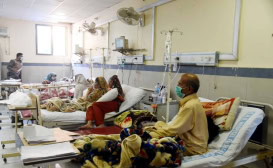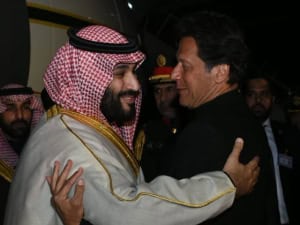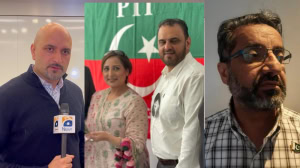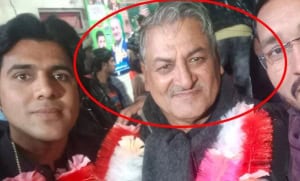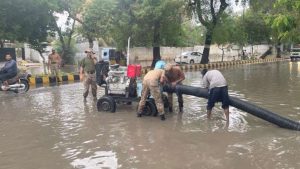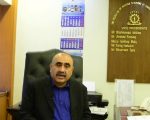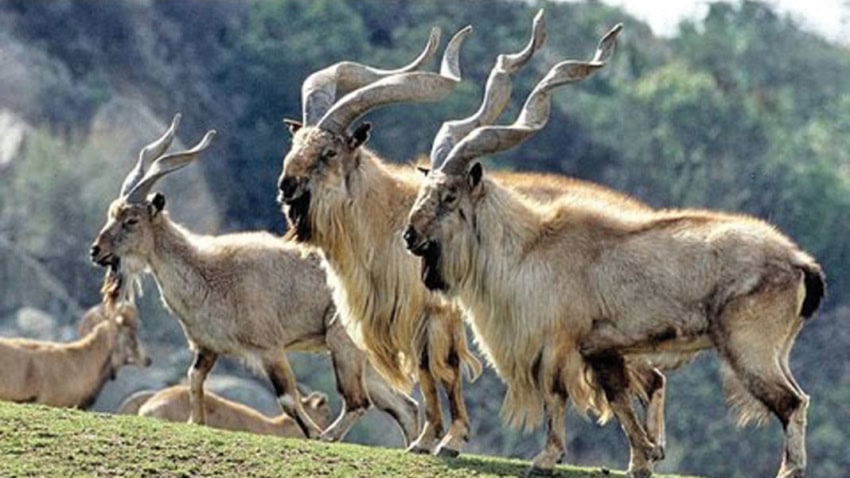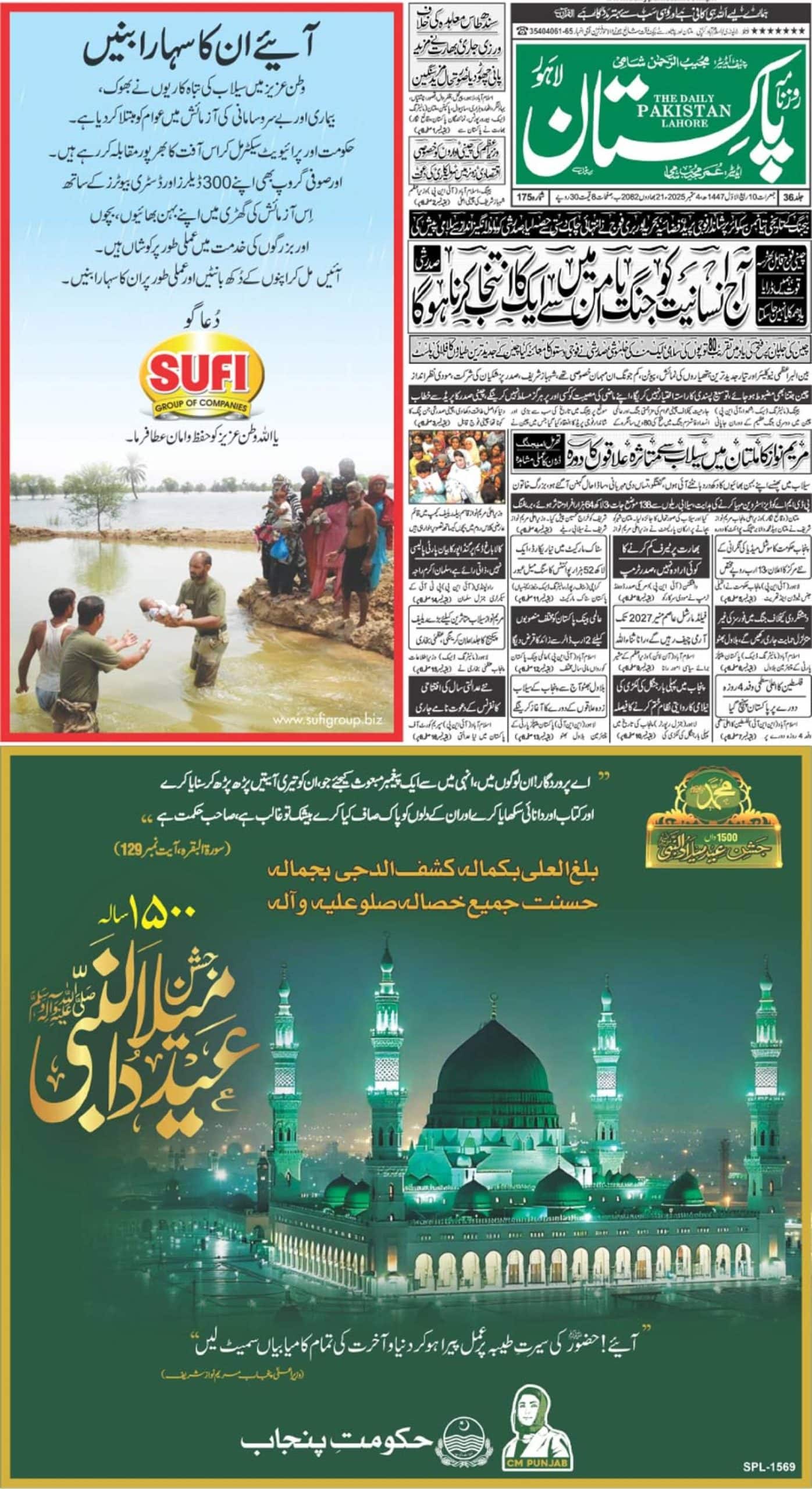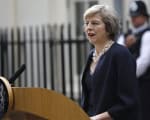ASTANA – India and Pakistan put aside their long-running tensions as they were officially confirmed as members of the increasingly influential Shanghai Cooperation Organization (SCO) during a summit in Kazakhstan capital Astana.
Prime Minister Nawaz Sharif singled out the country’s southern neighbour in his opening remarks.
“I congratulate India on joining the Shanghai Cooperation Organization. We must leave a legacy of peace for future generations, not a toxic harvest of conflict and animosity. Let’s create shared spaces for all,” he said.
https://twitter.com/ChinaPlusNews/status/873156306651144193
Modi in his opening remarks at the two-day leader-level summit said, “I thank the SCO for making India a part of this esteemed organization, which now represents 40 percent of humanity and nearly 20 percent of global GDP “
“Connectivity with SCO countries is our priority. We fully support it. And we want connectivity to pave the way for cooperation and trust among our future generations and society.”
https://twitter.com/narendramodi/status/873169885861249025
The standoff in Kashmir has flared up in recent months, and the two countries also disagree over other key proposals, such as China’s One Belt One Road infrastructure development program, which is welcomed by Islamabad, and contested by New Delhi.
Nonetheless, the two leaders shared an informal meeting on the sidelines of the summit – their first tete-a-tete for 17 months – but avoided discussing political issues.
Founded in 1996 by China, Russia and three central Asian states, with a fourth, Uzbekistan, joining four years later, with the addition of the two newest members, SCO membership has grown to eight.
The body was founded primarily as a security organization, aimed at fighting regional terrorism, and while it has since expanded its remit, the Astana summit harks back to its roots.
On Friday, all member states signed a new version of its anti-terrorist convention.
“The role of the regional anti-terrorist structure of the SCO is growing, and an important step in strengthening the legal framework of its activities is the convention,” said Russian President Vladimir Putin, who noted that Islamic State (IS, formerly ISIS/ISIL) is hatching plans to destabilize Central Asia, and the adjacent southern Russian republics.
The convention aims to combat the increasingly sophisticated methods used by radical groups and terrorists, such as online recruitment and propaganda, and is dedicated to addressing the root social causes of terrorism.
It also dedicates particular attention to combating internal destabilization and regime change among the member states, whether by local militant organisations, or wider political forces.



